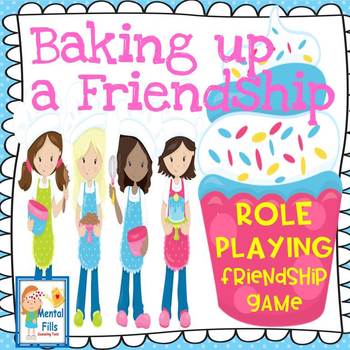Trust is the cornerstone upon which stable, lasting
relationships are built. Trust is a
vital ingredient that allows vulnerability to arise. When a person is vulnerable, they are able to
expose obstacles to intimacy. They are
in a position to reveal insecurities, work through faulty thinking, and to
resolve painful issues from the past.
The deeper the trust in a relationship, the more vulnerable the couple
is able to be with one another.
When conflict comes in a relationship, people are generally
comfortable stating “I like this,” or “I don’t like that.” However, it takes true vulnerability to state
why the preferences are there. Perhaps
it is fear of rejection or abandonment. It could be triggers from past
relationships gone wrong. It could be
attitudes learned from growing up in a dysfunctional home. Exposing the hidden issues in the heart is a
dangerous position to be in. If trust
has not been established, the pain could run deep if the spouse does not
receive the information lovingly or even worse, if they use it as a weapon
against their spouse.
If you recognize the intimacy in your relationship is
lacking, it might be time to build the trust and become more vulnerable. To build trust, you must be willing to take a
risk. Here are some tips to building
intimacy in your relationship:
1.
Be real with yourself about what you want. If you don’t know what you want, how will
your spouse ever be able to figure it out?
Playing mind games by expecting him or her to always know what you are
thinking and wanting will only lead to disappointment and frustration. If you want something, go after it. If it is something that you desire from your spouse,
ask for it directly. Stop the
games. Don’t set them up for
failure.
2.
Be
receptive. If you want your spouse
to be open and honest with you, you have to be willing to receive it. Don’t argue and get defensive. You may have to take it on the chin and it
may hurt, but it’s worth it in the long run.
We all have faults and ignoring them does not make them go away. If you can’t take it, your spouse most likely
won’t be willing to tell you.
3.
Admit it
when you are wrong. So we all screw
up and hurt others. When you realize you
have been wrong in the way you treated your spouse, don’t sweep it under the
rug. The pain can linger. The best thing you can do is become
vulnerable and tell them that you were wrong and ask for forgiveness. Be prepared to deal with the fallout and
willing to move on past it.
4.
Validate
your spouse’s feelings. If your spouse
feels that you do not understand or care about their feelings, they will shut
down emotionally with you. Even if you
disagree with the situation, their feelings are real for them. Listen, show compassion, and when the time is
right you will have your turn. They certainly
will not show love and compassion to you if you don’t show it to them.
5.
Seek out
your spouse. Selfishness is
destructive to relationships, but most of us have a heavy dose of selfishness
that stands in the way of our relationships.
We want what we want, when we want it.
One of the best ways of developing trust with your spouse is to draw
them out. Ask what they want and do
it! If you ask what they want for
dinner, don’t argue with their answer.
Put yourself aside for a while to please your spouse and you will be
pleased with the outcome. If it is
unnatural in your relationship, it may take a while before the guard comes
down. However, if your spouse believes
you are being genuine it can relight the flame of desire in your relationship.
Marriage is hard work.
There is no doubt about it. But
it is worth it. When each day brings new
levels of intimacy and trust, it is worth it.
When you realize that you can count on your spouse to care about your
daily needs, it is worth it. When you
realize that you are building a lifetime of memories and experiences together,
it is worth it. When you are setting an
example of commitment and responsibility for your children, it is worth it!








